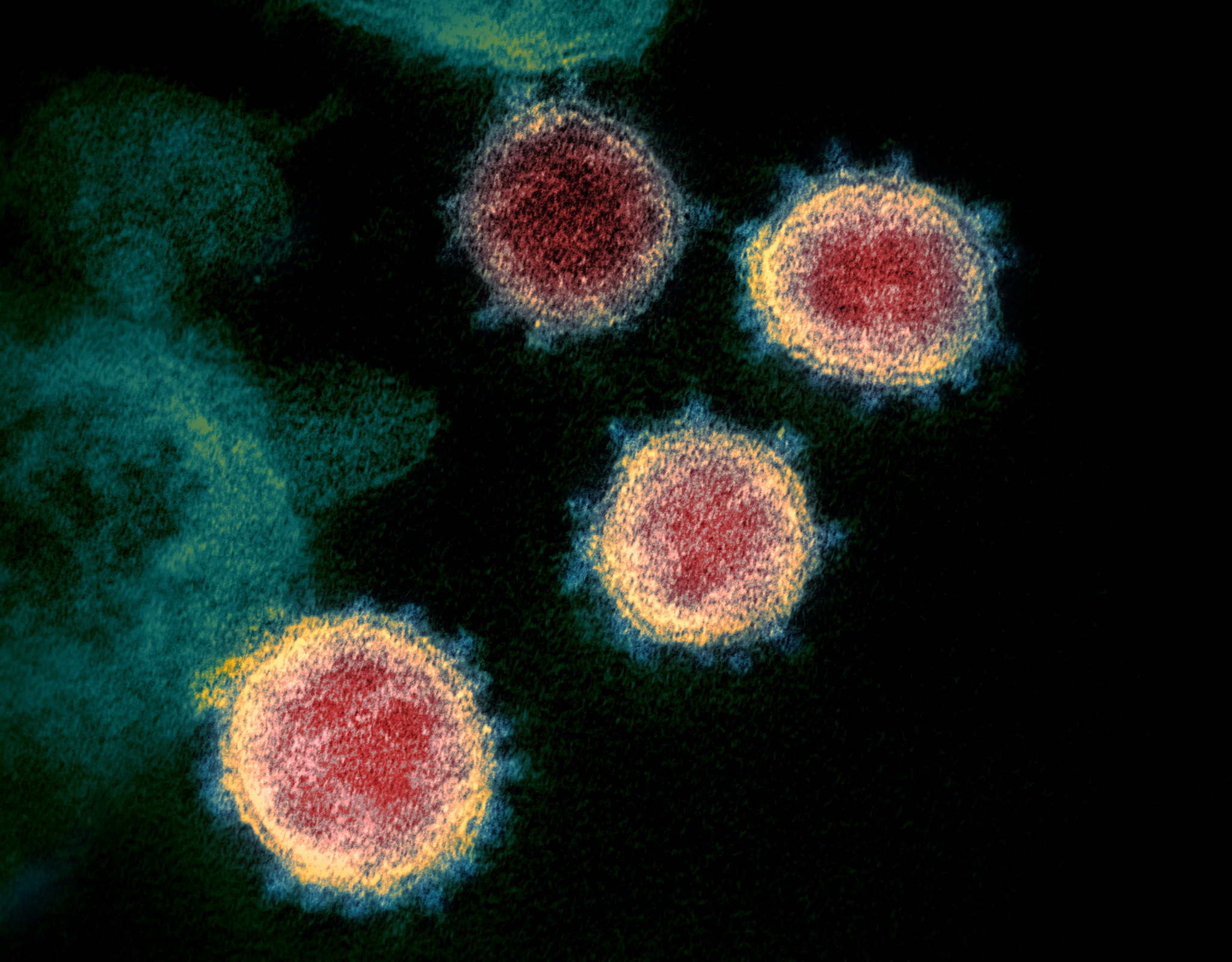Celltrion closes in on COVID-19 antibody market after trial success

South Korea’s Celltrion has announced encouraging top-line results for its potential antibody therapy for COVID-19, with the first part of a phase 2/3 trial showing it could cut recovery times and chances of progression from moderate to more severe disease.
Several other companies are also working on antibody therapies and Eli Lilly’s bamlanivimab gained an FDA Emergency Use Authorization in November last year, shortly after Regeneron’s cocktail of casirivimab and imdevimab.
There are doubts over efficacy of Lilly’s antibody, which failed to produce benefits in hospitalised patients in a phase 3 trial last month.
AstraZeneca is developing an antibody therapy and so is its UK rival GlaxoSmithKline, which this week announced a deal with VIR Biotechnology to trial VIR-7832 in mild to moderate COVID-19 patients.
Until COVID-19 hit Celltrion was best known for producing biosimilars, which are near-copies of biologic drugs that have been shown to be as safe and effective in rigorous trials and tests.
But the company is using its expertise to develop an antibody therapy, CT-P59, to help the effort against the pandemic.
Celltrion filed the therapy with the Korean regulator at the end of December and plans to submit data to regulators in Europe and the US in the coming months.
A spokesperson said in an email that company is “working closely with the regulatory agencies to accelerate the regulatory procedures".
Part I of the trial enrolled 327 patients with mild-to-moderate symptoms of COVID-19 across three treatment groups (40mg/kg, 80mg/kg and placebo), in which approximately 60% of patients with moderate symptoms suffered from COVID-19 related pneumonia.
This data analysis has demonstrated that at day 28, CT-P59 treated patients presented with a significantly reduced risk of COVID-19 related hospitalisation and oxygenation without mortality.
When compared to placebo, CT-P59 treated patients reported reduced progression rates to severe COVID-19 by 54% for mild-to-moderate patients and 68% for moderate patients aged 50 years and over.
CT-P59 treatment groups also reported with significantly shortened time to clinical recovery ranging from 3.4 to 6.4 days quicker compared to placebo.
Patients treated with CT-P59 recovered 3.4 days earlier than those in a placebo group, while patients with pneumonia reported that their recovery time was 5.1 days shorter compared with placebo.
A group of patients with moderate disease aged 50 years and over treated with CR-P59 reported that their recovery time was 6.4 days shorter than placebo, the company said.
CT-P59 treated patients rapidly and significantly reduced viral load through Day 7 compared to placebo. Top-line results from the trial shows CT-P59 to have a positive safety profile, comparable to that of the placebo group, with no serious adverse advents reported.
Infusion related reactions were mild and transient, with the CT-P59 treatment group having reported 0.5%, compared to 1.8% reported with placebo.
Feature image courtesy of Rocky Mountain Laboratories/NIH












